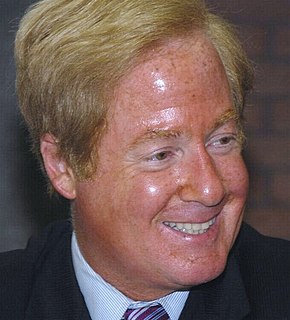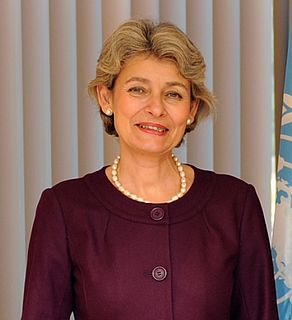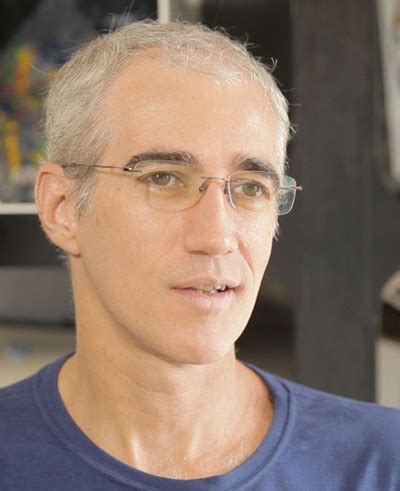A Quote by Roxanne Dunbar-Ortiz
The term "genocide" is often incorrectly assumed to mean extreme examples of mass murder associated with war, with the death of millions of individuals, as, for instance in Cambodia. Although clearly the Holocaust was the most extreme of all genocides, the bar set by the Nazis is not the bar required to be considered genocide. Most importantly, genocide does not have to be complete to be considered genocide.
Related Quotes
We're living in an age of genocide. ...And we do believe that there is not only the genocide of war, and the genocide that took place with the extermination of the Jews, but the whole program....of birth control and abortion is another form of genocide.... [T]hey claim the poor are bringing forth tremendous numbers of children and so the solution is to kill them off.
Armenians, as a people that have survived the Genocide, have a moral duty towards mankind and history in the prevention of genocides. We have done and will continue to do our best to support the persistent implementation of the Genocide Convention. Genocide cannot concern only one people, because it is a crime against humanity.
Not only did waging war against Hitler fail to save the Jews, it may be that the war itself brought on the Final Solution of genocide. This is not to remove the responsibility from Hitler and the Nazis, but there is much evidence that Germany's anti-Semitic actions, cruel as they were, would not have turned to mass murder were it not for the psychic distortions of war, acting on already distorted minds. Hitler's early aim was forced emigration, not extermination, but the frenzy of it created an atmosphere in which the policy turned to genocide.
I make a difference between genocide and Holocaust. Holocaust was mainly Jewish, that was the only people, to the last Jew, sentenced to die for one reason, for being Jewish, that's all. Genocide is something else. Genocide has been actually codified by the United Nations. It's the intent of killing, the intent of killing people, a community in this culture so forth, but no other people has been really interested.
Syria is a civil war. Syria began as a popular uprising, just like the other experiences in the Arab Spring, with a repressive government that responded by basically killing the protesters. It's not a genocide, it's a war, and there's a difference. Genocide is a preplanned attack on people because of who they are. This is a interstate conflict.
The history of the genocide perpetrated during the Second World War does not belong to the past only. It is a ‘living history’ that concerns us all, regardless of our background, culture, or religion. Other genocides have occurred after the Holocaust, on several continents. How can we draw better lessons from the past?






































